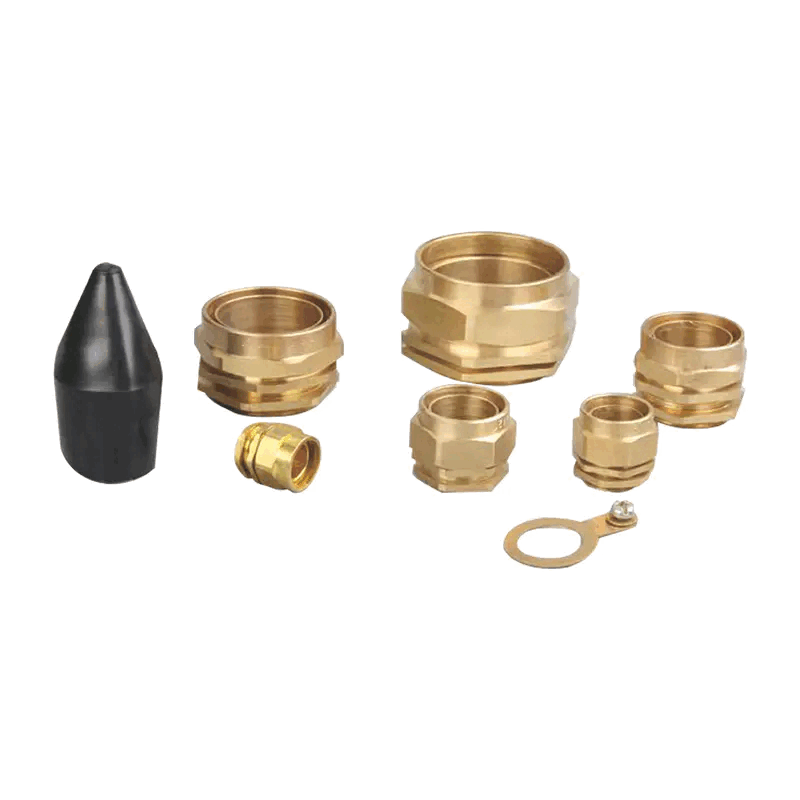Building Tough Cable Splices: Choosing the Right Waterproof Materials

The materials used in the construction of waterproof cable splices—such as rubber, silicone, and plastic—offer a combination of sealing, durability, and protection that is essential in maintaining the integrity of electrical connections exposed to water. Whether used in marine, industrial, or outdoor applications, these materials help ensure that waterproof cable splices provide the reliability and performance needed to keep electrical systems running smoothly, no matter the environmental conditions. The versatility and effectiveness of these materials in waterproof cable splices make them indispensable for a wide range of applications.
Gesponsert
Suche
Gesponsert
Kategorien
- Business
- Research
- Energy
- Art
- Causes
- Tech
- Crafts
- crypto
- Dance
- Drinks
- Film
- Fitness
- Food
- Spiele
- Gardening
- Health
- Startseite
- Literature
- Music
- Networking
- Andere
- Party
- Religion
- Shopping
- Sports
- Theater
- Wellness
Mehr lesen
AI Productivity Tools Market: Trends, Growth Projections, and Forecast Analysis to 2032
Market Overview
AI productivity tools refer to software applications that leverage artificial...
Yucca Extract Industry Projection: Trends and Growth Opportunities
The Yucca Extract Market is expanding rapidly due to evolving market dynamics that...
U4GM - How to Farm Mega Energy Efficiently in Pokémon Legends: Z-A
In Pokémon Legends: Z-A, Mega Evolution brings an exciting layer of depth to battles, and...
Industrial Circulation Heater Market Size, Share, Growth Analysis, By Products, Distribution Channels - Industry Forecast 2032
DataIntelo, a leading authority in Market analysis, has released an extensive report on...
Complete Commercial Fit Out Services for Businesses in Dubai
Introduction
Dubai’s rapidly growing commercial landscape demands workspaces that are not...
Gesponsert


